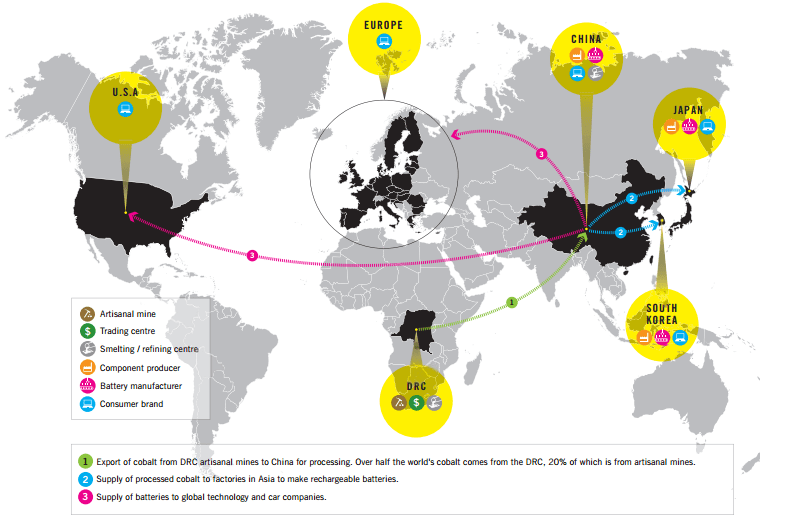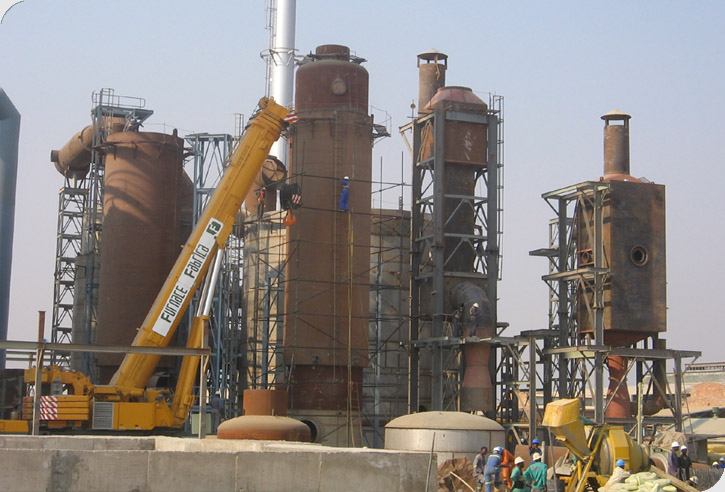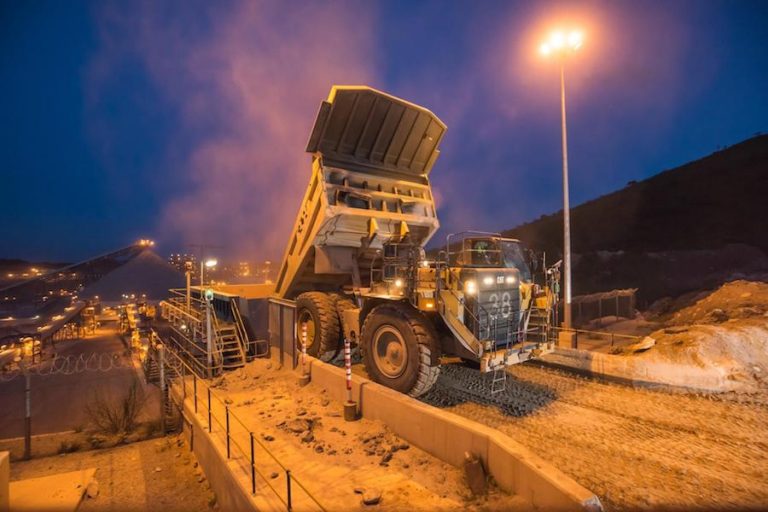

I had no idea at that time about this metal and how it related to rechargeable batteries. Siddharth Kara: I started hearing from colleagues in the field around 2016 that there were issues with how cobalt was being mined in the Congo. Yale Environment 360: How did you come to focus on this topic? “Environmental destruction, human destruction, labor exploitation, public-health catastrophe,” he says. Chan School of Public Health and the author of three previous books on modern-day slavery and sex trafficking, Kara documents how the Congolese government, Chinese tech companies, and every one of us have become unwitting participants in what can only be characterized as a humanitarian crime. Kara provides firsthand testimony from dozens of Congolese caught up in the race to harvest cobalt - a frenzy that has resulted not just in illness and untold deaths, but in the wholesale contamination of the region’s water, soil, and air.Ī fellow at Harvard’s T.H. To report his latest book, Cobalt Red, Kara traveled into militia-controlled mining areas of that troubled nation, where five-year-old children wielding crude shovels and scraps of rebar represent the bottom of a global supply chain that ends on the factory floors of some of the world’s richest and most powerful companies.


But as author and contemporary-slavery expert Siddharth Kara says in an interview with Yale Environment 360, those rechargeable batteries require cobalt to function, and 75 percent of the world’s supply of that mineral is mined from the rich earth of the Democratic Republic of the Congo. As countries around the world look to pivot quickly to clean energy, demand for the lithium-ion batteries used to charge our smartphones, laptops, and electric vehicles is booming.


 0 kommentar(er)
0 kommentar(er)
